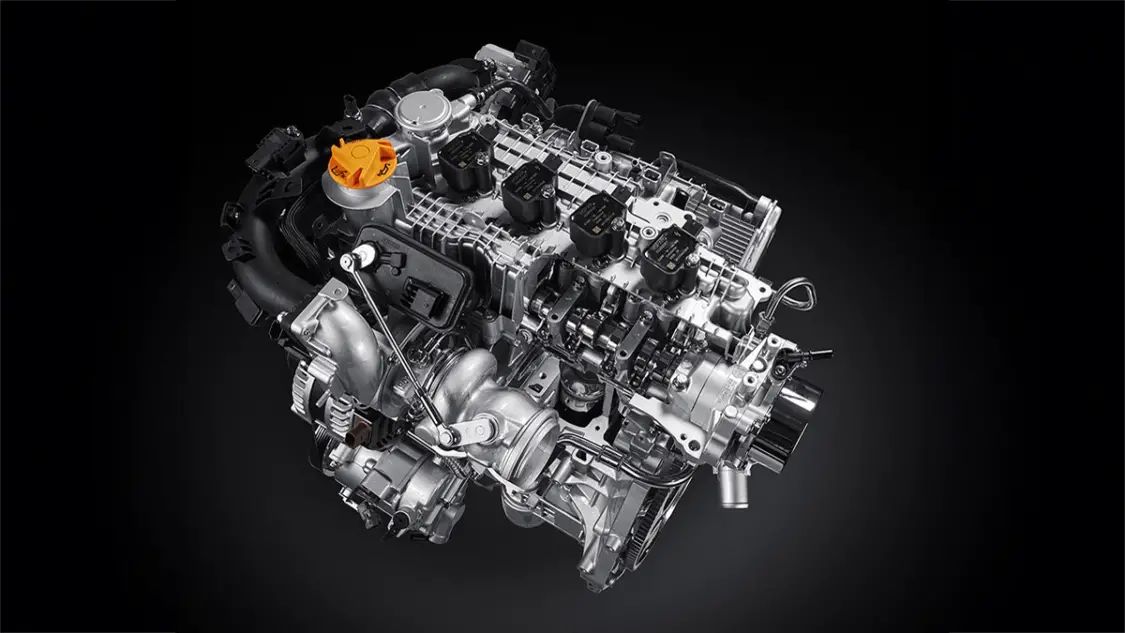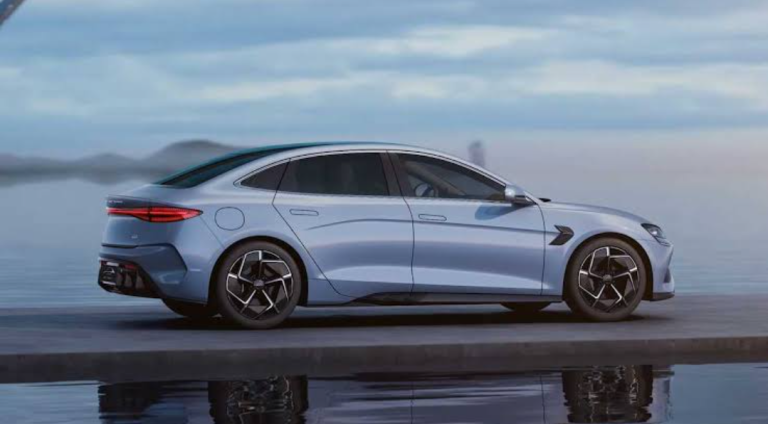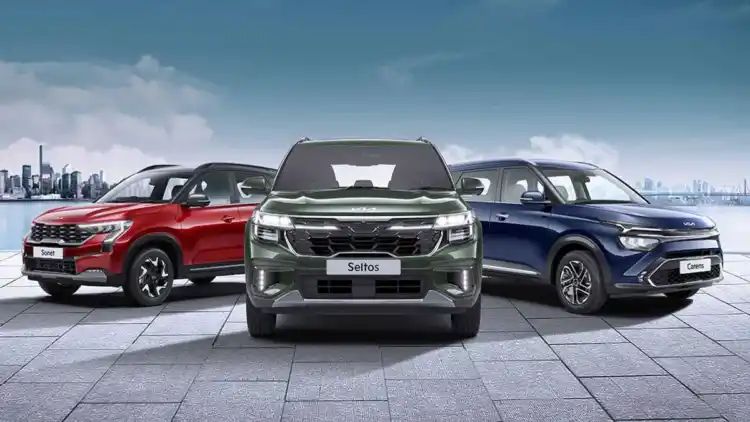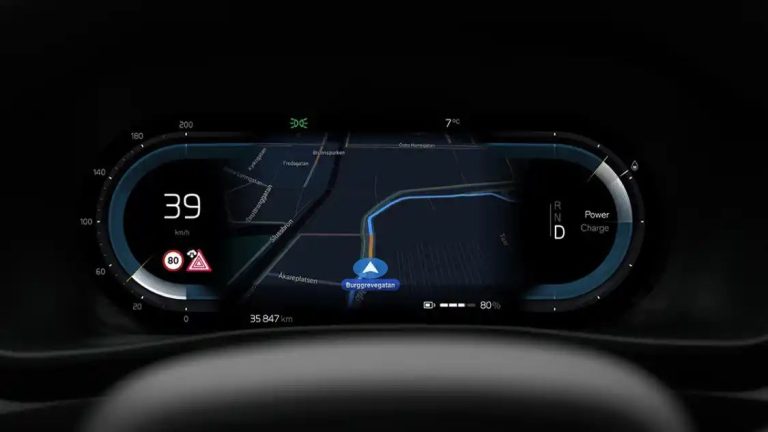Stellantis Invests $6 Billion On Internal Combustion Engines – Check Out All Details Here
Stellantis, a multinational automotive manufacturing corporation formed from the merger of Fiat Chrysler Automobiles and the French PSA Group in 2021 has announced an investment of over $6 billion (Rs 4,963 crores) for the development of an all-new Bio-Hybrid Technology powertrain.
Bio-Hybrid technology is the running of engines using a combination of flex-fuels like ethanol and electric hybrid power. The powertrain will also feature plug-in hybrid functionality and dual-clutch transmission.
The development of this powertrain will take place in the Stellantis Automotive Hub in Betim, Brazil, from where the rest of the world will be supplied. Stellantis has also announced a fully electric vehicle which can be expected to be available sometime in the future.
Stellantis has stated that the Bio-Hybrid Technology will be available by the end of this year, which means that the power plant seen in the electric Charger Daytona is not the same as what is to come from Stellantis as many would have thought.
“Four global platforms, associated with Bio-Hybrid technologies, will be implemented – more than 40 models, in addition to eight new powertrains and electrification applications”, stated Emanuel Cappellano, the CEO of Stellantis South America.
Details on the type of vehicles or the specifications of the powertrains have not been released this early in the production stage. Although it is safe to assume with over 40 models planned for release, there will be a variety of vehicles from small commuter cars to midsize pickup trucks and sedans.
Stellantis stated in September of 2023, that many of its vehicles are compatible with synthetic fuels. It is expected that the new powertrains will also be combined with synthetic fuels.
DriveSpark Thinks
Stellantis is exploring multiple technological solutions for the issue related to pollution rising around conventional combustion engines. Stellantis is determined to find an alternative to gas-powered engines.






